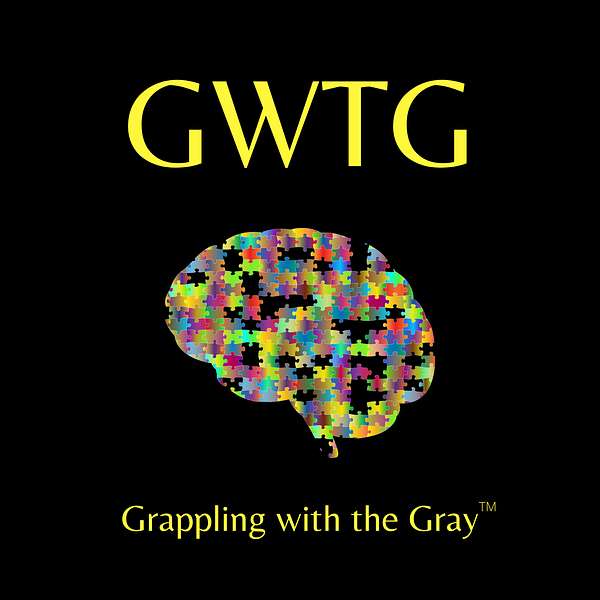
Grappling with the Gray
Grappling with the Gray
Grappling with the Gray #60: Unethical or just incompetent?
Air travel has gotten more challenging, and stories of lost luggage abound. But this one really stands out as an example of incompetence crossing the ethical line.
Here is our topic:
On July 17, Sandra Shuster and her 15 years old daughter, Ruby, boarded a United Airlines flight in Baltimore. They arrived in Denver to discover that Ruby’s lacrosse kit had not arrived with them. After twice being told by United representatives the kit would arrive the next day, Ms. Shuster was told it was still in Baltimore.
Except it wasn’t. The kit carried an Apple AirTag, which showed it at baggage reclaim in Chicago’s O’Hare airport. Despite repeated calls, Ms. Shuster was told that they couldn’t find the lost bag, that they weren’t allowed to call Chicago, and that she had the wrong tracking number… which was printed on a sticker attached to her boarding pass.
Over the next several days, representatives told her the AirTag must have been lost, the bag must have been stolen, they couldn’t be certain it was in Chicago, and that Ms. Shuster should file a claim for lost luggage. Meanwhile, Ruby had to borrow a kit for one game and had try-outs approaching the next week.
In the end, Sandra Shuster bought a ticket to Chicago to retrieve the bag herself. She informed United of her plans, and they told her to let them handle it. She took the flight anyway, sending a message to the O’Hare baggage office, which had the bag waiting for her when she arrived. Despite repeated assurances from multiple United staff that they had been searching for her bag and had contacted Chicago, the O’Hare office had never heard from them at all.
No one is perfect, and people make mistakes. But no one at United ever apologized to Sandra Shuster, and only after CNN contacted the airline did she get her flight miles refunded. She still lost a day of work and suffered hours of aggravation.
This kind of customer mistreatment is highly unethical. How could representatives have acted to resolve this issue effectively? What can business leaders do to create a culture in which employees are motivated to solve problems themselves when systems fail? And why have so few businesses actually taken steps to promote a healthier company culture?
Meet this week’s panelists:
Per Brogaard Berggreen helps leaders focus on digital and organizational change and transformation management while building sustainable environments through trust, respect, inclusion, and diversity.
Pascal Derrien is CEO of Migraine Ireland, a registered charity dedicated to empowering migraineurs by providing innovative services through education, information and outreach programs.
Toni McLelland MSc is Founder and Director of 1st Life Group. She is a Critical Friend & Business Mentor in Social Justice, Mobility & Impact leading sustainable change through DEIB & Compassion.